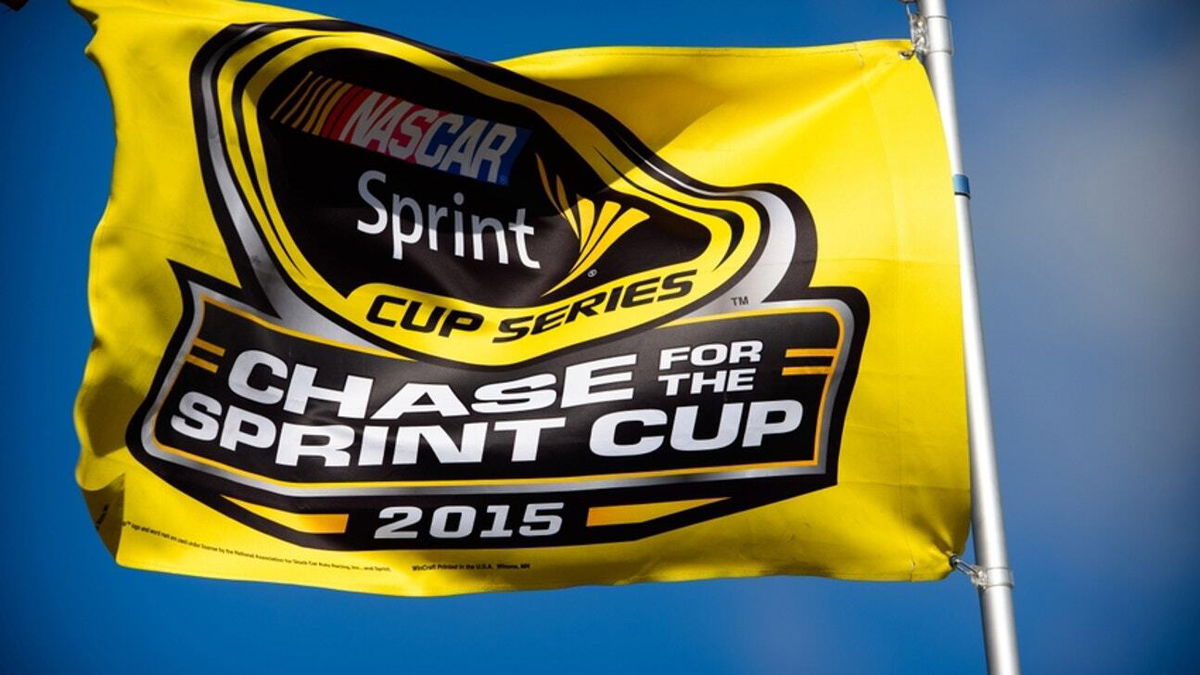
Imago
via Twitter (@nascar_opinion)

Imago
via Twitter (@nascar_opinion)
NASCAR’s playoff drama has always kept fans on edge, especially given its nature, where one bad lap can erase a year’s hard work. The 2025 Xfinity finale at Phoenix left many fans upset, as the entire season’s dominator, Connor Zilisch, fell short in the final race. And now, in the Cup, Denny Hamlin’s loss was the final nail in the coffin.
Watch What’s Trending Now!
Due to this, whispers in the garage and online forums show a split: some crave the old intensity, others fear repeating past mistakes of the Chase format. The current setup amplifies the thrill but draws huge backlash for its all-or-nothing vibe for just one final race. Veterans like Kevin Harvick, who tweeted the ‘dumpster fire’ gif after Zilisch lost, have also called out how it overlooks steady performers, fueling talks of change in the format ahead of 2026. As NASCAR eyes the final shift to Homestead-Miami, the air feels divided with change.
Talk of bringing back the Chase format, which was introduced in 2004, where the 10-race playoff decided the champion. And the rumor of it coming back next season has lit up the NASCAR garage and beyond, sparked by the current format’s flaws. That system resets points for the top 10 or 12 drivers after 26 regular races, letting them battle over a full stretch instead of a single do-or-die event.
Fans are divided here because the existing 3-3-3-1 setup, in place since 2014, resets the point table for the final race, erasing all the previous wins and points earned by the driver. And all things come down to one race, where an all-season dominator can lose to an average driver.
Take Connor Zilisch, for example; the 19-year-old JR Motorsports rookie racked up 10 wins and 20 top-5s (18 consecutive) this season, yet finished third at Phoenix on November 1, handing the title to friend and rival Jesse Love. Under full-season points, Zilisch would’ve clinched it easily, but the reset wiped his lead, showing how luck in machinery or a late pass can steal glory.
NASCAR’s own words accepted the need for the change. President Steve O’Donnell admitted fan frustration, saying, “The one-race thing has been a factor of there’s a lot of circumstances that can happen. Our fans, right or wrong are different than other stick-and-ball sports.” This came amid chats with drivers like Christopher Bell, who fears kids dreaming of titles might see NASCAR as a sport of gambling where luck decides the winner rather than skills.
Even insiders like Jordan Bianchi echoed the sentiment of the fans, who want a change, noting, “This format that we know it is, let’s just say it’s going to be gone. And it’s going to be one of three things now… it’s either going to be a season long, it’s either going to be the old 10-race chase… or the 3-3-4.” Bianchi’s take echoes Zilisch’s heartbreak, where a season of dominance bowed to one race, pushing calls for a Chase that rewards 10-race grit over single-race chaos.
These debates from the top only sharpen the fan edge ahead.
Chase or full-season, fans want change
One longtime follower couldn’t hide the exhaustion after hearing the Chase buzz. “Ah, for f–k’s sake. Again? Did we learn nothing from the first run?!” they vented on Reddit. It hits home, recalling Jimmie Johnson‘s five straight titles from 2006 to 2010 under that format, which some say ignited boredom and led to the 2014 overhaul. Johnson’s five consecutive titles proved the Chase could crown a consistent ten-race run, but again, critics argued it still may ignore the early-season slumps, much like today’s format.
Shifting gears, another voice sees silver linings if the playoffs stick around. “I’ve said it before, if they’re still gonna insist on a postseason, then I’m ok with a Chase, because outside of stupid, fluky years, whoever wins a Chase did so doing well over a 10-race stretch, and if they did well then, they also probably did well during the season.”
This nods to 2011, when the Chase format picked the top 10 plus wild cards by wins, crowning Tony Stewart amid parity. Unlike flukes like Matt Kenseth‘s zero-race win in 2003, he still won that year’s title, and that ultimately gave birth to the Chase format.
“The Chase is way better than what we have now, but I don’t get what purpose it serves other than to tighten things up artificially. You still have the chance that a guy dominates those last 10 races and wraps it up early… so at that point, why not just go season-long?” The fan’s right. There’s a strong possibility that the ten races also could feel short to measure a season-long performance. But with Next Gen cars boosting wrecks and tight racing since 2022, full points could shine.
Excitement for fresh starts runs deep, too. “Can’t we try a full season? It’s been two decades. EVERYTHING has changed. Every single driver has changed, the car has changed, media has changed, and standards have changed. The main issue with a full season was the idea that you could 5th place your way to a title. The parity and failure rate of the NexGen car will fix that problem. If you are still worried about it, make wins worth 20% more points than 2nd.”
This user suggests trying a full season since NASCAR has been involved in every aspect since the last time there was a full-season Chase format. The only demerit seen in the full-season format is the case of Matt Kenesth resurfacing again. But since everything is new today, with the current Next-Gen cars and the tight racing, the probability of that happening again is very low.
Finally, a curveball ties in big news. “Jimmie Johnson is going to run full time next year.” With the seven-time champ eyeing a 2026 Cup comeback at Legacy Motor Club, it spotlights how format shifts could reshape legacies. Johnson’s Chase-era hauls defined an age, but a full return might let veterans like him build on pure points, echoing his pre-2004 runner-up finishes.






